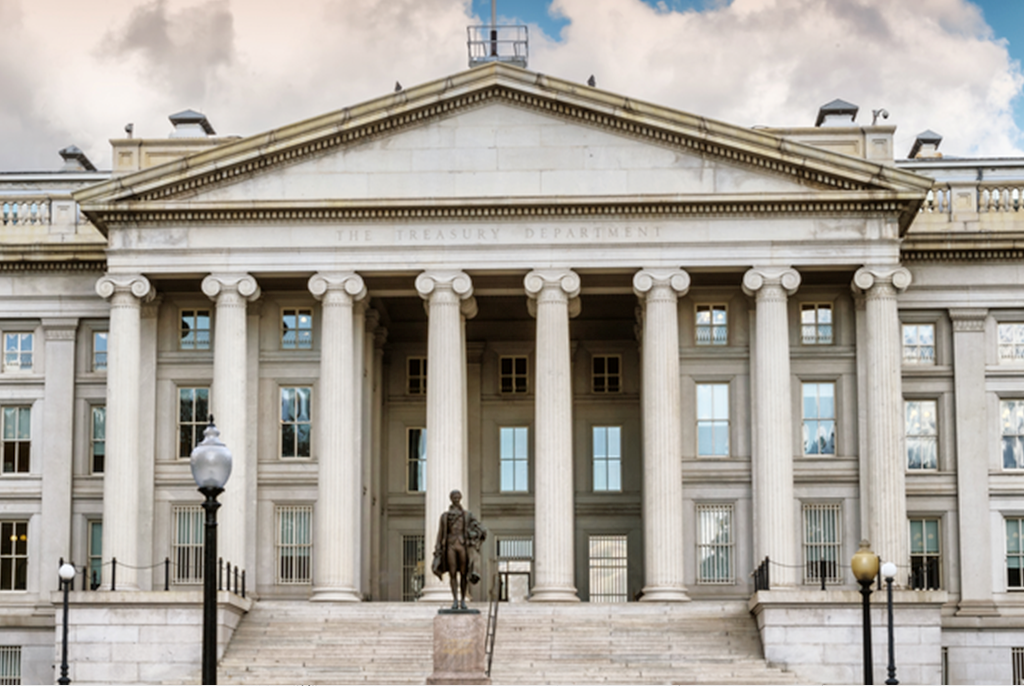What will happen to Dodd-Frank?

Republican control of the White House and Congress means the Dodd-Frank Wall Street Reform and Consumer Protection Act, signed by President Obama in 2010, may soon face drastic revision.
On June 8, the House approved the Financial CHOICE Act, a Republic-led financial reform effort that erases or scales back many financial regulations put into place by the Dodd-Frank Act. Among its proposed changes, the bill puts forth a new bankruptcy code provision and exempts some financial institutions from restrictions that limit risk taking under certain circumstances.
The impact of regulations
The Dodd-Frank Act created agencies to prevent banks with more than $50 billion in assets from becoming “too big to fail,” and to protect consumers from predatory financial practices. Its “Volcker Rule” prohibited commercial banks from proprietary trading, and an expansion on the Sarbanes-Oxley Act enhanced the role of whistleblowers.
However, some critics of the Act say that its regulations created new problems. “The irony of ‘too big to fail’ is that it created a new problem of ‘too small to succeed’ as complex and costly regulations required small banks to hire compliance officers instead of lending officers,” notes Elizabeth M. Lally, attorney at the Goosmann Law Firm in Sioux Falls, Iowa. “These gaps have been filled by non-bank companies that fall outside of Dodd-Frank’s regulation.”
Opinions about financial reform
Some CEOs have expressed interest in scaling back aspects of the Dodd-Frank Act.
In a recent Vistage Confidence Index Survey, CEOs were asked which federal regulations (aside from the Affordable Care Act) they would like to see removed. Many cited Dodd-Frank, positing that the regulation be “right-sized,” “scaled back” or even “eliminated.”
Some say that fewer regulations and clearer guidance would prompt lenders to issue more loans, creating more opportunities for consumers and small businesses. Others advocate for continuing to uphold regulations set by the Act.
“Without clarity, you must take the most conservative route to ensure regulators’ interpretations will be positive,” says Sonny Bringol, president of Victorian Finance, a Pittsburgh-based mortgage lender. “If regulators ease up on good operators — firms with low default rates and high customer satisfaction — those firms will be ethical members of society and help advance the economy by serving more people.”
The possibility of repeal
A complete repeal of Dodd-Frank appears unlikely. After the financial crisis, it made sense to focus on determining borrowers’ ability to repay loans. Many lenders have spent years ingraining Dodd-Frank into their operations. And Democratic opposition would be fierce.
Indeed, the Senate has yet to vote on the Financial CHOICE Act. But expect only a rollback of Dodd-Frank’s more onerous portions.
Category : Economic / Future Trends

